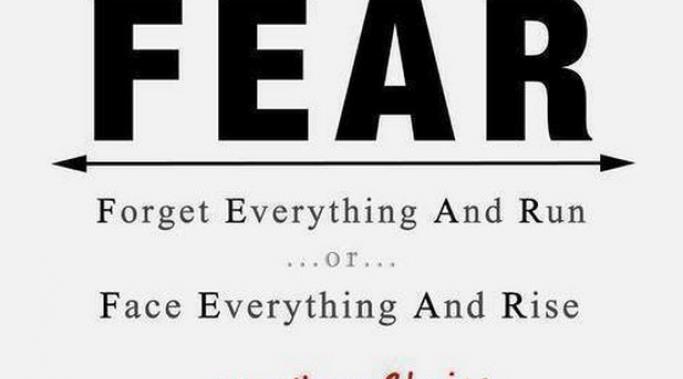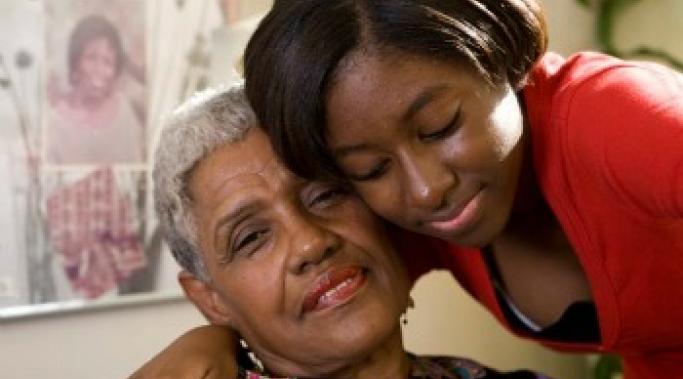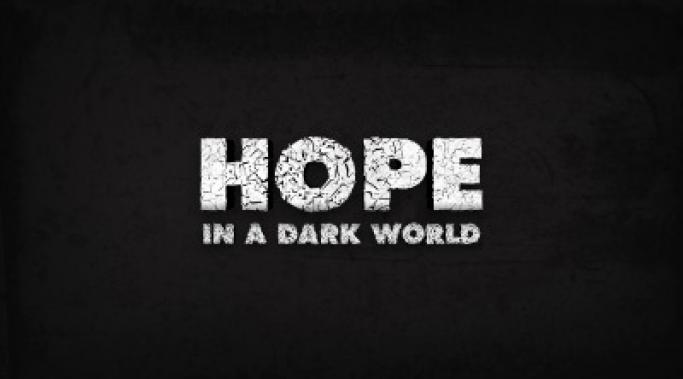In posttraumatic stress disorder (PTSD), education is critical in PTSD healing. Initially, we feel powerless in so many ways. One of the key aspects of healing is tipping that power balance in your favor. How can this be done? The first key element is gaining control over what you think and how you think about PTSD. PTSD education is your most powerful weapon. What you know about posttraumatic stress disorder can open up or shut down your quest to heal from PTSD.
Trauma! A PTSD Blog
How to treat PTSD by yourself is a tough process to discover. In fact, as someone who struggled with posttraumatic stress disorder (PTSD) for over 25 years, I can tell you from personal experience that you won't discover how to treat PTSD by yourself and reach 100% success. You will need the insight and training of professionals who have deep knowledge in processes that can ease the pain, soothe the memories, and release the fear. That having been said, there are many things you can do on your own to supplement the work you do with a professional, or to tide you over until you find the support you need.
Posttraumatic stress disorder (PTSD) recovery (and the actions it requires) often incites a lot of fear. It has to: creating change always takes you into uncharted territories that can make you question yourself. Frequently, the pain of facing difficult things, plus the exhaustion of attempting to break free from what’s controlling you will put you in situations that bring on a big feeling of “I can’t handle it.” This moment and feeling are the essence of fear in PTSD recovery and there are good reasons for feeling it.
Coping skills for posttraumatic stress disorder (PTSD) caregivers are important. Recently, I received a simple, single-lined email from a man looking for an answer to an important question: "What is the best coping skill I can use to help someone with PTSD?" As any caregiver knows, supporting a friend or loved on through PTSD can be a thankless, challenging, and patience-sapping process. There are, however, ways to help the job be clear, focused and proactive. If you are a PTSD caregiver or know of one, share these coping skills for PTSD caregivers.
Developing hope in PTSD (posttraumatic stress disorder) recovery is, in a word, difficult. You're struggling with the symptoms of PTSD that include depression, insomnia, nightmares, anxiety and hypervigilance (all of which can lead to despair) and you're supposed to find some way to be optimistic? You might be tempted to say, "No way," but if you want to heal it's going to be important to find a way to say, "Heck, yeah, I can develop hope in PTSD recovery."
I wasn't actually diagnosed with posttraumatic stress disorder (PTSD) when I started therapy. So years into my first therapeutic relationship I realized we were going nowhere -- fast. I'd gotten into therapy to learn how to live as a chronic patient, but what we were doing was talking and talking and talking about my trauma and the enormous fears I carried. I was mentally and physically deteriorating at a frightening speed. I needed to know how to find a good PTSD therapist.
Within five years of the start of my posttraumatic stress disorder (PTSD) symptoms I was deep into self-destructive food restrictions that caused me to drop an enormous amount of weight. My parents had tried to get me into therapy after my trauma but I flat out refused to discuss it. With the weight loss, they forced me to see eating disordered specialists, none of whom knew what to do with me. I wouldn't eat and I wouldn't talk. Back in the early 80s the clear connection between PTSD and eating disorders wasn't well documented or understood. Now it is and the data is clear: the link between PTSD and eating disorders is real and very common.
When I was struggling with posttraumatic stress disorder (PTSD) I didn't know how to describe what it felt like to others. How can you possibly express what it feels like to live with anxiety, depression, desperation, insomnia, nightmares, flashbacks, intrusive thoughts, suffocating memories, terrifying sensations, boiling rage or anger and the slew of other PTSD symptoms?
Rather than describe it I just isolated further and felt more and more alone -- and crazy. I didn't realize then that I wasn't alone in being stuck not knowing how to communicate my experience. I didn't know, at the time, how to define PTSD.
For anyone who experiences dissociation as part of the posttraumatic stress disorder (PTSD), (and this includes me during my PTSD years) you know how frustrating, embarrassing and uncontrollable it can be. Reducing dissociation in PTSD is something we all want.
Enormous and consistent stress on a body will always be evidenced in maladies. Symptoms of posttraumatic stress disorder (PTSD) cause many physical changes that frequently create medical issues. In my own PTSD experience, I developed significant digestive, immune, bone, hair and liver problems. Now, new research suggests PTSD might also cause type 2 diabetes.








